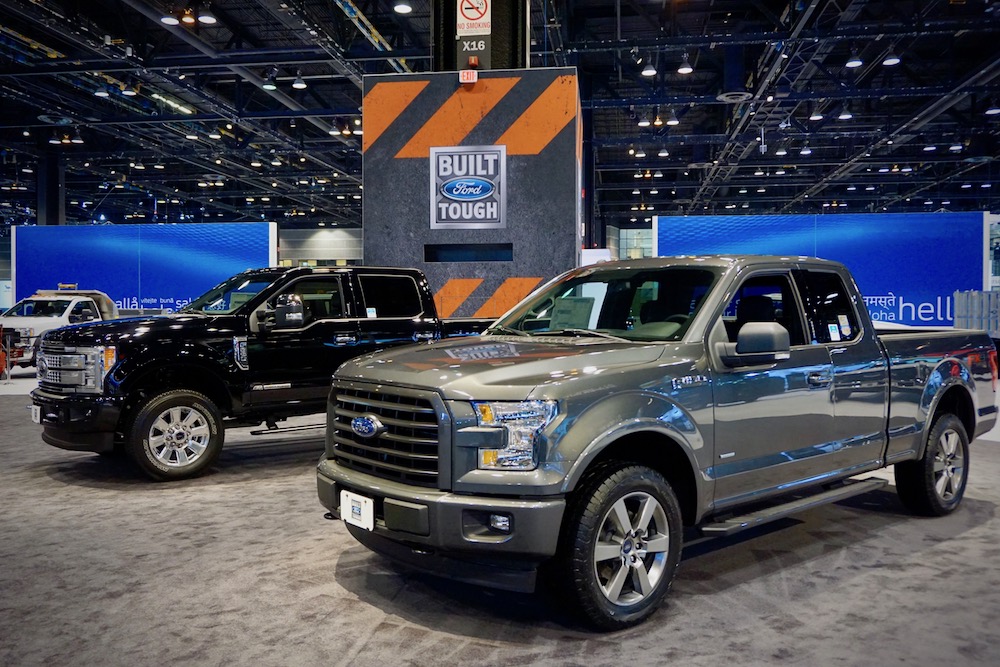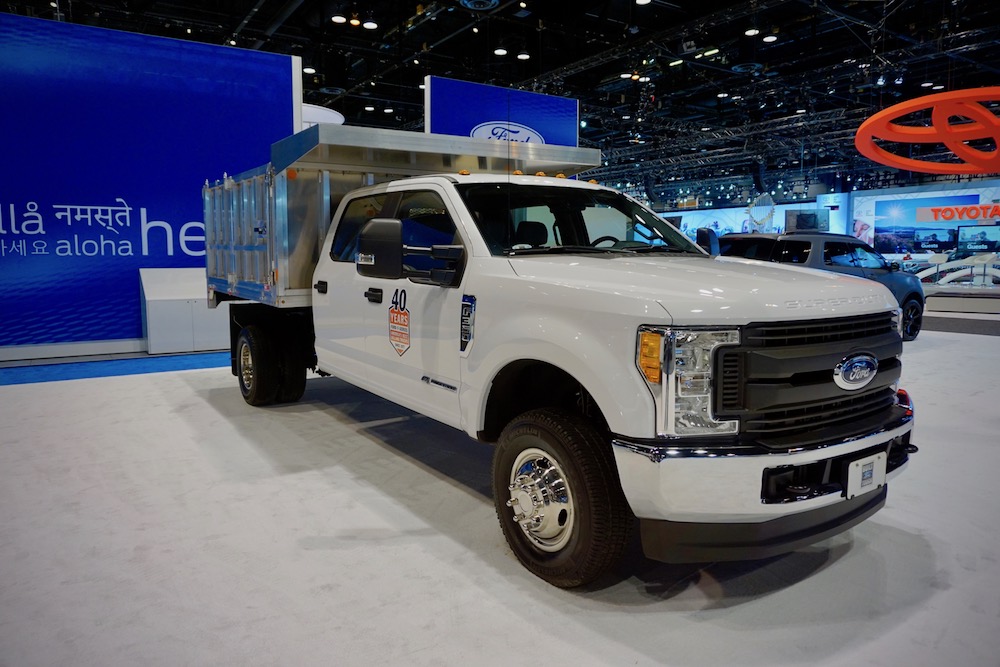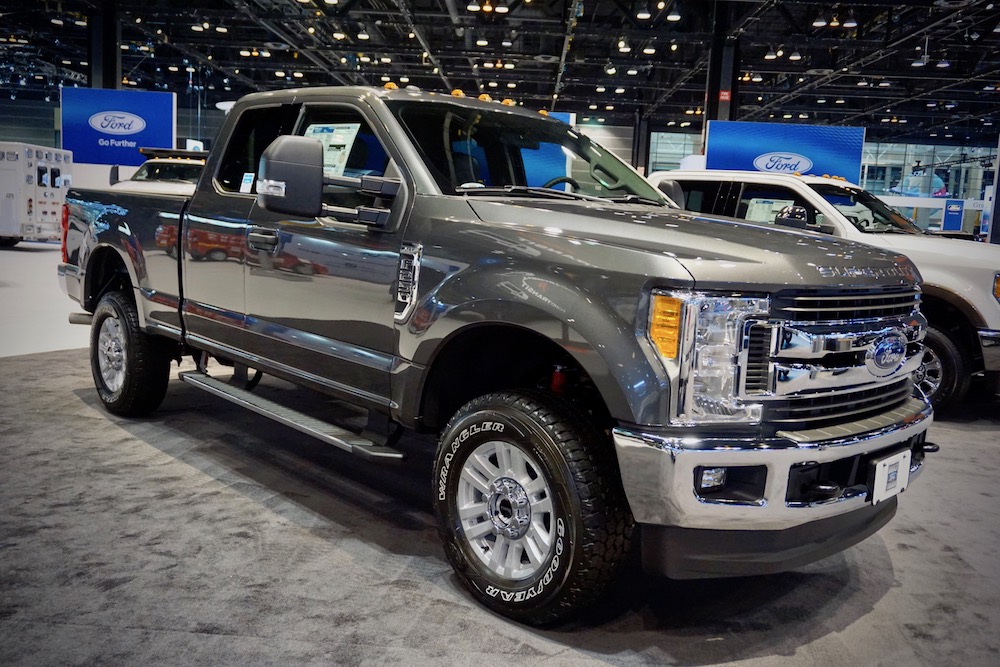Selling Ford Pickups Is A Complex Business

With Increasing Competition & Volatile Government Regulations, Selling Ford Trucks Is No Walk in the Park
We always appreciate your comments on our articles, although many times we find them hilarious. And by hilarious we mean crazy. Not all the time, but some times. Recently we picked up a comment that essentially said that “Ford doesn’t care about consumers and only built the trucks they want to build.” After covering Ford Trucks for years, we know such a statement couldn’t be further from the truth, and here’s why.
Best Seller
The F-Series is Ford’s bread and butter. It’s safe to say that if people stopped buying trucks and SUVs tomorrow, Ford would most likely collapse before the end of year. Clearly they’re doing things right, and we bet that ignoring customers isn’t one of them. According to Market Realist, Ford retail (general consumer) sales have risen 6% year-over-year, while fleet sales have decreased.
What does that mean? More average Joes are walking into dealerships and buying F-150s and Super Dutys than companies like FedEx and Avis are placing mass orders. Funny enough, decreasing fleet sales can actually be a good thing.

Fewer Fleet Sales Means Higher Margins
The Blue Oval sold 57,995 F-Series trucks in January of 2017, which represented a 13% year-over-year increase. Again, this is even with lower fleet sales.
When a company like U-Haul places an order for 3,000 Ford F-150s they obviously get a heck of a price, one that’s considerably higher than what anyone else would get. And we would say that such discount is justified. Now, the cost to build a truck doesn’t really fluctuate that much on such a large order, so Ford cannibalizes their margins to sell by volume. In other words, they dilute their profits. If you do the math, increasing retail sales while gradually lowering fleet sales is actually a good thing. Perhaps the only time when selling less actually means making more.

The Super Duty Effect
Super Duty is a super seller for Ford. The mighty new truck helped the Motor Company raise their average transaction (ATP) price by a whopping $2,500 in January 2017. In an industry where a $700 ATP raise is considered big, just imagine what $2,500 represents!
After reading this, do you still think Ford doesn’t know their customer base? Do you really think they build stuff out-of-the-blue? If you do, think again.
